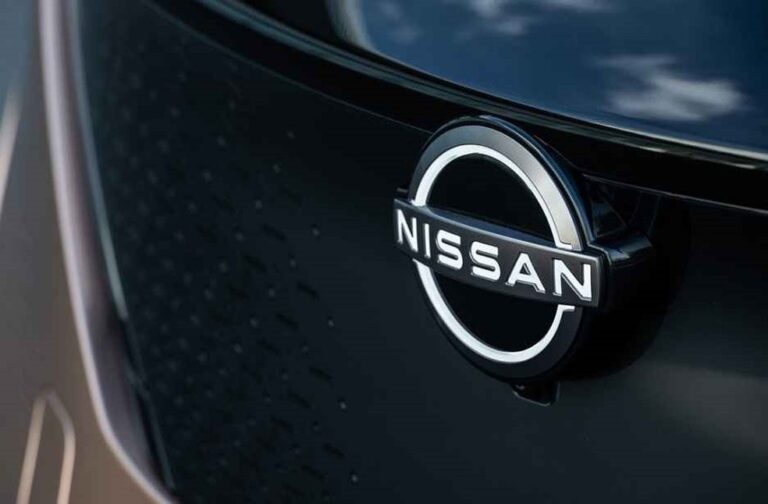Nissan has extended its collaboration with UK-based artificial intelligence company Monolith for another three years, advancing the use of AI to transform vehicle testing and speed up development processes.
The partnership, which supports Nissan’s global recovery plan RE: Nissan, aims to reduce vehicle development time, improve operational efficiency, and bring new models to market faster.
Monolith’s AI technology will be applied across a wider range of tests for Nissan’s upcoming European models, following successful trials on the Sunderland-built Nissan LEAF electric vehicle.
Engineers at Nissan Technical Center Europe in Cranfield will use over 90 years of vehicle testing data alongside Monolith’s machine learning models to predict physical test results with high accuracy.

This approach reduces the need for physical prototypes, shortens testing cycles, and allows engineers to focus on decision-making and innovation.
The decision to extend the partnership comes after a successful project using AI to optimise bolt joint testing in vehicle chassis.
Monolith’s system recommended precise torque ranges and prioritized additional tests, resulting in a 17% reduction in physical testing compared to traditional methods. Expanding this approach across all European models could potentially halve testing time.
Emma Deutsch, Director of Customer-Oriented Engineering and Test Operations at Nissan Technical Center Europe, said the integration of Monolith’s AI tools and decades of testing data has enabled engineers to simulate and validate vehicle performance with remarkable precision.

She added that the collaboration supports Nissan’s goals of accelerating time to market and enhancing sustainability.
Monolith’s platform uses AI to analyze historical test data and simulations, helping engineers predict outcomes, detect anomalies, and recommend next tests to improve quality and efficiency.
Dr Richard Ahlfeld, CEO and Founder of Monolith, said: “Our mission is to empower engineers with AI tools that unlock smarter, faster product development. The results of our work with Nissan demonstrate how machine learning can drive efficiency and innovation in automotive engineering.”
EV WORLD | UK Invests £10 Million to Overcome EV Charging Grid Challenges





